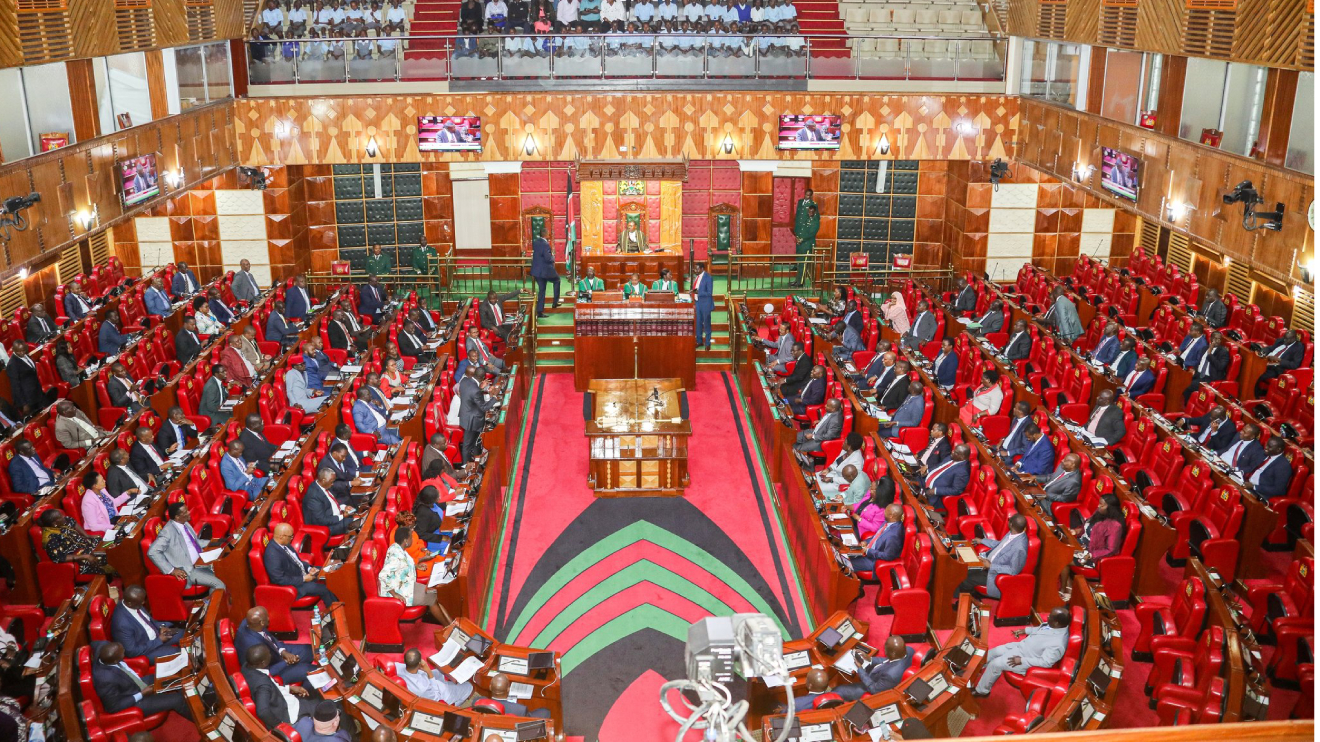National Assembly's Budget and Appropriations Committee has cast doubt on the achievability of revenue targets set by the National Treasury.
The Committee, in its report on the Supplementary Budget II for the 2023/2024 fiscal year, pointed out a significant revenue shortfall, raising concerns about the country's fiscal health.
According to the report, the Treasury fell short of its revenue target by a staggering Sh222.2 billion by the end of April 2024.
This shortfall pertains to a 10-month target of Sh2.4 trillion.
As a consequence, the national budget deficit has ballooned to Sh908.6 billion, a sharp increase from the Sh718.9 billion initially estimated in the June 2023 budget.
Read More
The Committee expressed its disapproval in the report, stating, "The committee observed that the National Treasury continues to overestimate revenue, resulting in recurring deficits and necessitating increased borrowing to cover shortfalls. The shortfall in revenue in the fiscal year 2023/2024 is substantial, as indicated by the revised revenue targets by the National Treasury, which have been lowered by Sh250 billion."
This overestimation of revenue has had a domino effect.
To plug the widening budget gap, the Treasury is now looking to borrow Sh589.3 billion from the domestic market and an additional Sh319.3 billion from external sources.
It is important to note that these borrowing targets are subject to revision throughout the fiscal year, depending on the actual revenue collection and the state of the external financial market.
Earlier in the year, the Treasury projected domestic borrowing of Sh587.4 billion and external borrowing of Sh131.5 billion.
However, these figures were revised in the Supplementary Budget I of November 2023 to Sh474.5 billion and Sh412.1 billion respectively, reflecting a further deterioration in the fiscal situation.
The Committee's report highlights a potential clash with the International Monetary Fund (IMF) loan covenants.
The rising deficit, now at 5.9 per cent of GDP compared to the initial estimate of 4.7 per cent, puts Kenya at risk of violating these agreements, which typically call for a steady reduction in the budget deficit.











